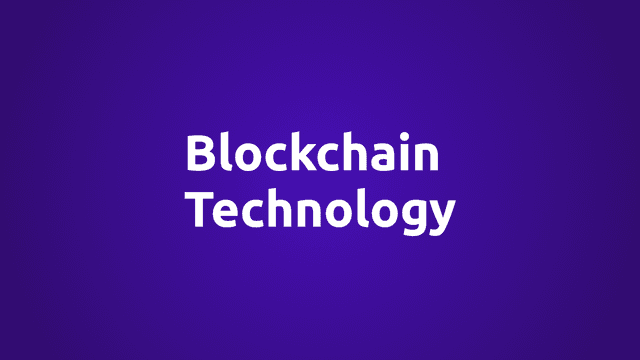What are the benefits of using blockchain in supply chains

Introduction:
Blockchain technology has the potential to transform supply chains, bringing transparency, efficiency, and trust to the complex network of transactions and interactions. In this article, we will explore the benefits of using blockchain in supply chains, including improved traceability, enhanced transparency, reduced fraud, and streamlined processes. By the end, you'll have a clear understanding of how blockchain can revolutionize supply chain management.
1. Improved Traceability:
Blockchain enables end-to-end traceability of goods and products throughout the supply chain. Here's how it benefits supply chains:
-
Provenance Verification: Blockchain records and timestamps every transaction or event associated with a product. This allows stakeholders to trace the origin, manufacturing processes, and distribution of goods, ensuring transparency and authenticity.
-
Supply Chain Visibility: Blockchain provides real-time visibility into the movement of goods, allowing stakeholders to track and monitor each step of the supply chain. This improves efficiency, reduces delays, and enables better planning and decision-making.
2. Enhanced Transparency:
Blockchain brings transparency to supply chains by creating an immutable and auditable record of transactions. Here's how it benefits supply chains:
-
Shared and Immutable Ledger: All participants in the supply chain have access to the same blockchain ledger, which contains a transparent and tamper-proof record of transactions. This shared ledger fosters trust and eliminates discrepancies or disputes arising from information asymmetry.
-
Real-time Updates: With blockchain, updates to the supply chain are recorded in real-time, allowing stakeholders to access the latest information. This transparency reduces delays, improves communication, and enables efficient collaboration among participants.
3. Reduced Fraud and Counterfeiting:
Blockchain technology can significantly reduce fraud and counterfeiting in supply chains. Here's how it benefits supply chains:
-
Immutable Records: Once a transaction is recorded on the blockchain, it cannot be altered or tampered with. This ensures the integrity of the supply chain data and reduces the risk of fraud or manipulation.
-
Smart Contracts and Automated Verification: Smart contracts can be utilized to automate verification processes, ensuring that only legitimate products or components are accepted into the supply chain. This reduces the risk of counterfeit goods entering the system.
4. Streamlined Processes and Cost Savings:
Blockchain streamlines supply chain processes, reduces paperwork, and lowers costs. Here's how it benefits supply chains:
-
Elimination of Intermediaries: Blockchain removes the need for intermediaries or centralized authorities, reducing costs associated with third-party verification and documentation.
-
Efficient Data Management: Blockchain enables secure and decentralized data sharing among stakeholders, eliminating the need for manual reconciliation and reducing administrative overhead.
Example: Blockchain in Supply Chain Management
It's worth noting that blockchain technology can be applied to supply chain management in various industries. Companies like IBM Food Trust and VeChain have implemented blockchain solutions to improve traceability, transparency, and efficiency in supply chains.
Conclusion:
Blockchain technology offers numerous benefits for supply chains, including improved traceability, enhanced transparency, reduced fraud, and streamlined processes. By leveraging blockchain's decentralized and immutable nature, supply chain stakeholders can achieve greater efficiency, reliability, and trust throughout the network. As more industries adopt blockchain solutions, we can expect significant transformations in supply chain management, leading to a more secure and efficient global marketplace.